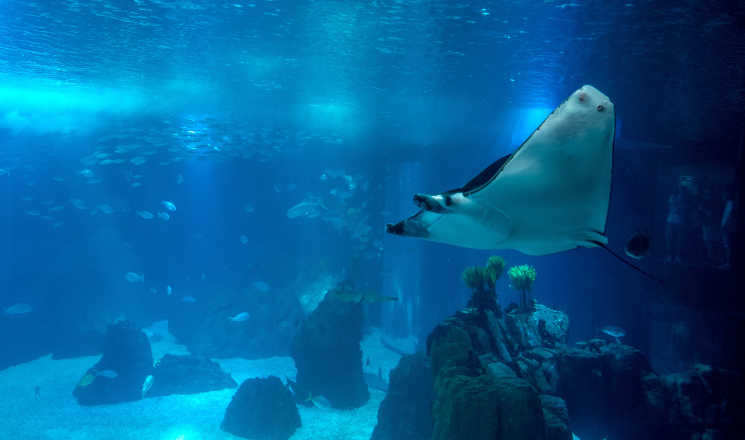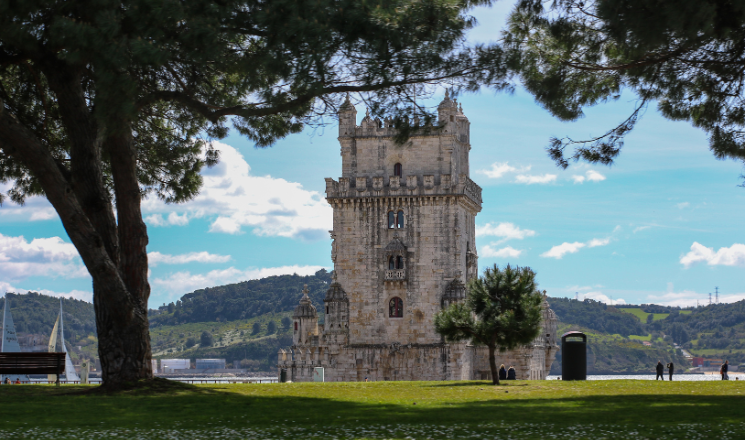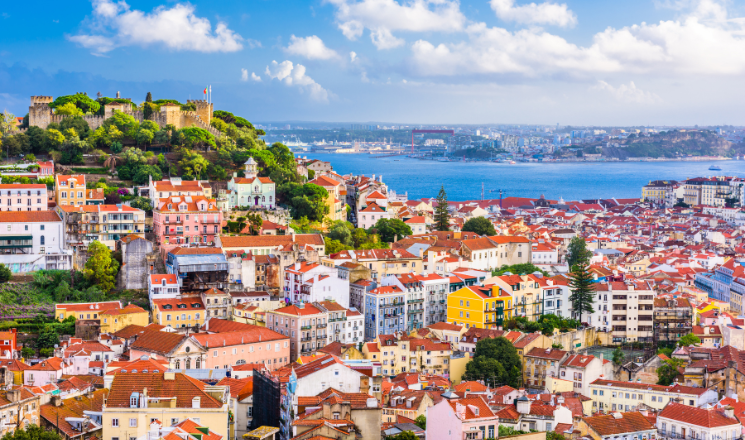Lisbon, Portugal’s vibrant capital, isn’t just about beautiful coastlines and old-world charm. It’s also a city with its eyes set on the future—especially when it comes to protecting the ocean. Over the past few years, the Blue Planet Efforts in Lisbon have grown stronger. Through creative community actions, high-tech marine science, and international events, this coastal city is making serious waves for ocean conservation.
But what exactly are these efforts? How is Lisbon helping the blue planet? And why should we care?
Let’s dive in.
Why Lisbon Is a Beacon for Blue Planet Efforts
Lisbon is more than just the westernmost capital in Europe. It’s a city that lives and breathes the sea. With the Atlantic Ocean at its doorstep and a long maritime history, Lisbon has always been deeply connected to the water.
This connection made it the perfect location to host the United Nations Ocean Conference in 2022—a major event that spotlighted global challenges and solutions for protecting the ocean. From this moment forward, Lisbon embraced its role as a guardian of marine ecosystems.
Additionally, Portugal’s coastline spans over 800 kilometers. That means there’s a lot to protect! So, it’s only fitting that many Blue Planet Efforts start right here, where the land meets the sea.
Marine Science Leads the Way in Blue Planet Efforts

When we talk about ocean conservation, science always plays a central role. And Lisbon is home to some of the top marine research institutes in Europe.
For example, the Oceanário de Lisboa, one of the world’s largest indoor aquariums, is more than just a tourist attraction. It’s a hub for ocean education and marine life research. The institution supports global biodiversity programs and helps rescue and rehabilitate marine species, especially those affected by pollution and warming seas.
Meanwhile, local universities like the University of Lisbon and the Nova School of Science and Technology are conducting advanced research on marine biodiversity, climate change impacts, and sustainable fisheries. Their work informs national policies and contributes to international knowledge-sharing platforms.
In many ways, these institutions are the engine behind Lisbon’s Blue Planet Efforts—pushing innovation and helping people understand the importance of the deep blue.
Community Action: The Soul of Blue Planet Projects

While science is crucial, community action gives conservation its soul. Thankfully, Lisbon’s local communities are full of passion. Many people here are deeply aware of their role in protecting the environment.
Programs like “Maré Viva” (Living Tide) train local volunteers to monitor beach pollution, remove plastic waste, and educate visitors about marine safety and cleanliness. This initiative empowers everyday people—students, retirees, tourists—to actively participate in preserving Lisbon’s stunning coastline.
Another standout project is “Oceano Azul Foundation”, which works hand-in-hand with schools to promote ocean literacy. They’ve reached thousands of kids across Portugal, teaching them how oceans impact climate, food security, and even jobs. It’s a clear example of how the Blue Planet Efforts extend beyond just action—they build awareness and long-term understanding.
The Role of Technology in Protecting Lisbon’s Waters

You might not expect tech to be involved in saving fish and coral reefs, but in Lisbon, innovation plays a huge part in ocean protection.
Apps like “Lixo Zero” help residents report waste in real-time, especially near beaches and rivers. This not only raises awareness, but it also gives the local government up-to-date data on where cleanup efforts are needed most. It’s crowd-sourced conservation at its finest.
Moreover, marine monitoring technologies such as underwater drones and satellite mapping are being used to track changes in sea temperature and species migration patterns. These tools, developed by research groups in Portugal, give experts a clearer picture of what’s happening underwater.
And when it comes to policy, Lisbon is implementing smart city systems that help reduce runoff pollution—meaning less trash and oil end up in the ocean during heavy rains.
So, yes. Tech isn’t just changing our lives on land. It’s helping protect life under the sea too.
Lisbon’s International Voice for Ocean Conservation

Lisbon isn’t working alone. It’s part of a growing global network of cities and nations aiming to turn the tide on ocean degradation. Hosting the UN Ocean Conference didn’t just put Lisbon on the map—it gave the city a voice.
At that conference, world leaders, scientists, and activists came together to pledge real changes. These included reducing single-use plastics, improving wastewater treatment, and supporting sustainable fishing practices.
Since then, Lisbon has continued pushing international cooperation. The city shares best practices, supports marine innovation projects across Europe, and even helps small island nations protect their fragile ecosystems.
What makes this effort special is how Lisbon balances local action with global impact. It’s a blueprint for how cities everywhere can act locally while thinking globally.
Famous Coastal Spots with Eco-Friendly Missions

Lisbon has many iconic places where tourists and locals can see marine conservation in action.
One of the most famous is Belém Tower, which now incorporates educational exhibits on sea level rise and marine history. It’s a perfect blend of history and modern environmental awareness.
Then there’s Praia de Carcavelos, a favorite surfing beach just outside Lisbon. Here, you’ll find local groups organizing regular beach cleanups, surf lessons with ocean-friendly gear, and ocean safety workshops for kids.
And of course, no list would be complete without the Lisbon Oceanarium—a world-class facility offering immersive exhibitions about coral reefs, deep-sea life, and the impact of pollution. Visitors not only see sea life up close—they also learn how to protect it.
These spots prove that Blue Planet Efforts aren’t hidden in labs or government buildings. They’re right out in the open, where everyone can join the cause.
Challenges Still on the Horizon

While Lisbon is doing a lot right, there are still hurdles ahead. Plastic pollution continues to wash up on beaches, and overfishing remains a threat. Also, climate change is leading to more frequent ocean storms and shifting sea life patterns—posing long-term risks to ecosystems.
However, Lisbon remains committed. City leaders continue to update their environmental strategies, fund marine research, and involve more citizens in conservation.
Additionally, education remains a top priority. More schools are including ocean science in their lessons, and public events like “Ocean Week” keep awareness high throughout the year.
Progress takes time, but Lisbon is proving that with steady action and passionate people, even a single city can help protect something as vast and powerful as the ocean.
How You Can Support Blue Planet Efforts in Lisbon

So, how can you be part of this movement—whether you live in Lisbon or just plan to visit?
Here are a few simple ways:
- Visit the Oceanário de Lisboa and support marine research
- Use the Lixo Zero app to report beach waste
- Join a local cleanup event if you’re in town
- Say no to single-use plastics—especially when near the beach
- Learn from Lisbon and advocate for ocean action in your own community
Even small steps can lead to big waves of change.
Final Thoughts: Lisbon’s Ripple Effect of Change
Blue Planet Efforts in Lisbon aren’t just about saving marine life—they’re about reshaping how cities live with the ocean. This isn’t just a local campaign. It’s a ripple effect that’s reaching across borders.
Lisbon blends innovation with passion. It mixes modern tools with traditional respect for nature. And it shows us all how cities can be heroes for the sea.
This coastal capital doesn’t just watch the waves—it acts. It listens to the science, engages its people, and builds powerful partnerships. Most importantly, Lisbon proves that action on a local level can inspire global results.
Next time you think of Lisbon, picture the waves—but also the will behind them. The community. The data. The future. It’s all part of one big, blue effort to protect the planet we share.

